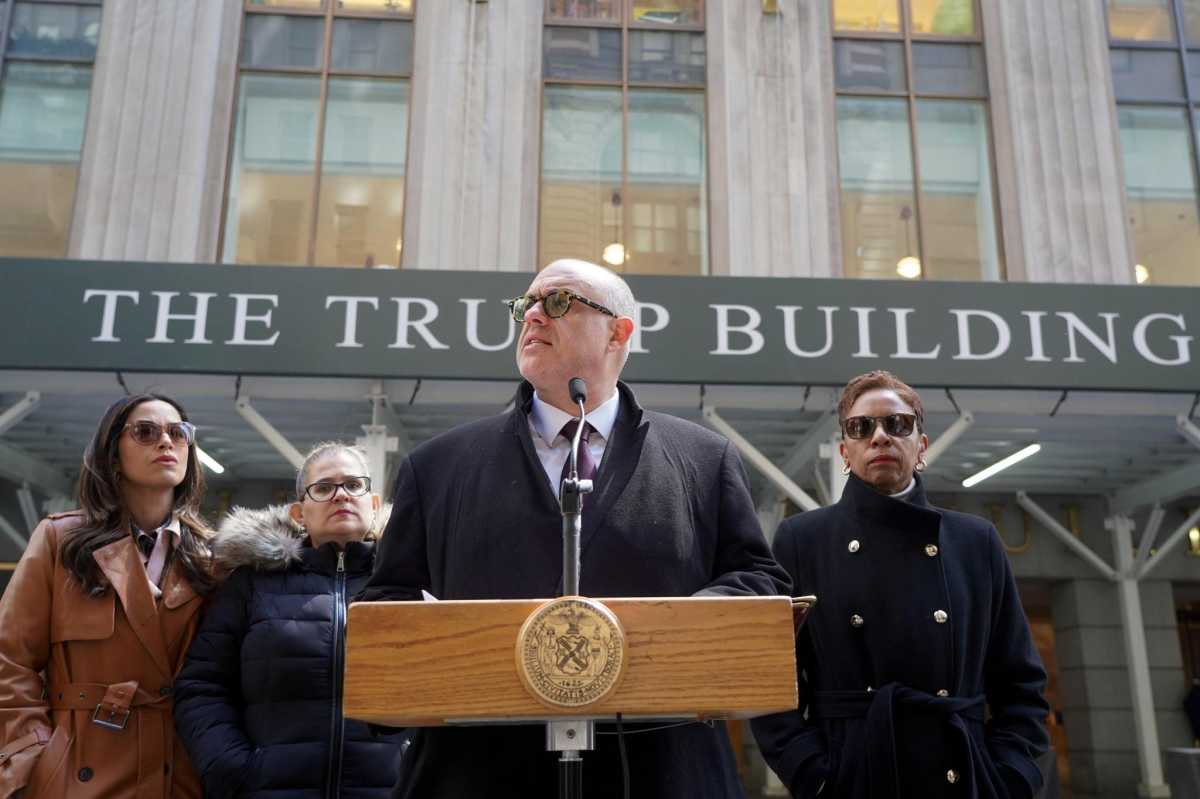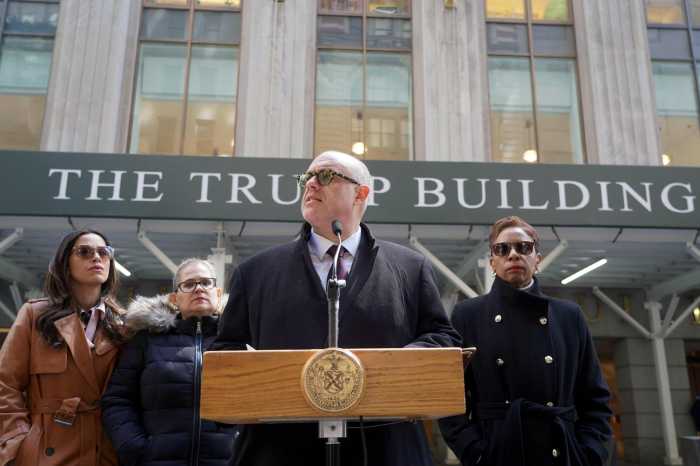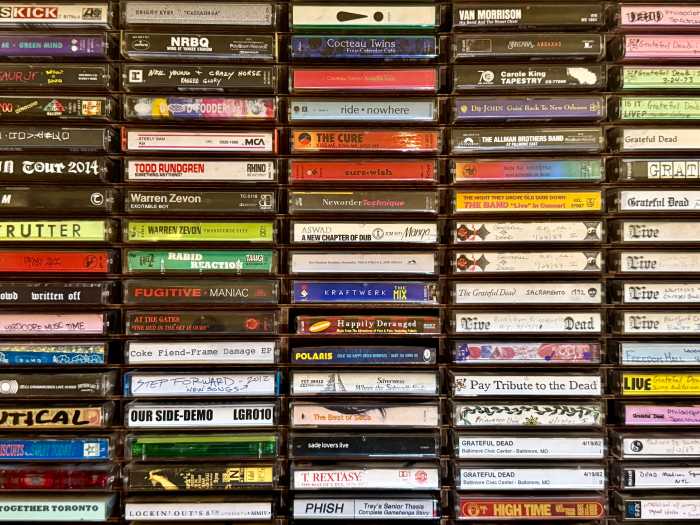
"Friends" didn’t define a generation; it created its own. Twenty-five years after Marta Kauffman and David Crane created "Friends," a book by author Saul Austerlitz looks to uncover the behind-the-scenes secrets to its success.
"It is still a fantasy for younger people of what this urban life can be like — what adult life can be like," says Austerlitz, a Brooklyn resident who watched his first episode of "Friends" at age 16.
In his book, "Generation Friends," out Tuesday, Austerlitz examines how the NYC sitcom favorite has managed to maintain and gain fans in the 25 years since its September 1994 premiere. For the die-hard fans, he also offers a look behind the camera at the real-life stories that inspired "Friends" scripts, the drama that spread table reads and more.
Through interviews with writers, cast members and the series’ creators, "Generation Friends" takes you back to that burnt-orange Central Perk couch. You’ll find out the true story behind that "pivot" scene, uncover what lead to Ross mixing up his vows and learn why Monica and Chandler ended up together. (Spoiler(s): a friend of writer Andrew Reich who lived in a walk-up apartment sparked "pivot" and Ross and Rachel’s relationship initially overshadowed Monica and Chandler’s.)
After "bingeing" the book and re-bingeing the series, we caught up with Austerlitz to chat about the series that has a continuously evolving fan base.
Here’s the big question: What is it about "Friends" that has managed to captivate audiences for this long?
Well, I think it’s fascinating because it’s two-pronged. On the one hand, it’s managed to maintain the interest of its original fans, the people who watched when it was first on the air and keep them wanting to revisit the show. On the other hand, it’s managed to attract an entirely new audience, composed of younger people who often weren’t alive when the show went on the air, or off the air — but they find it to be relevant to their lives and still fresh and funny in a way that most 25-year-old shows really aren’t.
A new wave of fans is being introduced to "Friends" every day thanks to streaming services and social media. You wrote the following in your book in response to this: "For younger fans, ‘Friends’ is not a museum piece, it is a living text, to be wrestled with, pondered and re-imagined." What do you mean by this?
My sense is that the younger fans don’t visit "Friends" as a classic they have only to admire. It’s not like watching "I Love Lucy," or something like that where it’s funny, but also television history. For younger audiences, "Friends" really just belongs. They feel "Friends" belongs to them. It’s their own. It’s not the property of a younger generation. There seems to be a lot of leeway to love it and argue with it … whether it’s Ross and Rachel or what people perceive as the show’s homophobic tendencies, whatever the case may be. Pushing back against it is another way of loving the show.

The on-screen chemistry of these characters plays a big role here. You wrote a lot in your book about how character changes were made based on the actors themselves. How much is the cast responsible for evolving "Friends" into what it’s become?
To a great, great extent. From speaking to the creators of the show, it became clear that they felt like they had bat a thousand when it came to casting the show. They didn’t know that in advance. They talk about their first read-through, where six actors gathered together for the first time. There was a sense of, oh, we have something that could be better than we hoped.
With success, it’s only inevitable you’re going to run into some issues, particularly with pay discrepancies. How did the show almost not get its final season?
As the show progressed into its later years, there was a push for the cast to be paid more. In part, because obviously "Friends" was one of the biggest heads on television and stars from other shows were being paid substantially more. They had evidence on their side to back it up. There was also some concern from Lisa Kudrow and David Schwimmer that maybe enough was enough. They had other interests outside network television, in theater and film. Each time the negotiations came around, they weren’t sure they wanted to do it, let alone the specifics of what they’d be paid. There was uncertainty. They went in with the mentality of, we’re all entering a negotiation together, so we’re going to agree together or we’re not. Ultimately, that was beneficial to the show and the performers.
What impact do you think "Friends" has had on pop culture, 25 years later?
I think there was a time — obviously, it was quite a different time on TV where people watched the same shows and watched them together — and I’m not trying to romanticize that era. Contemporary television is better. But, in the ’90s, with shows like "Friends" and "Seinfeld," everyone would be watching these shows and talking about them the next day. They built audiences shows don’t really have anymore. There is the occasional exception, like "Game of Thrones," but "Friends" gave fans a strong sense of community.


































